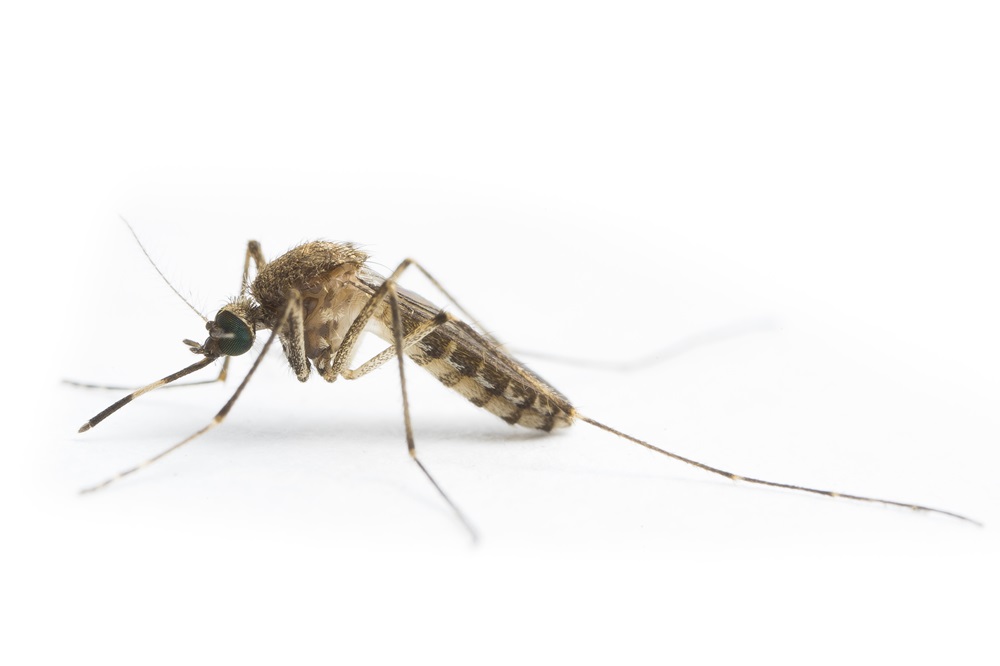
COVID-19 lockdowns may have unexpectedly affected Brisbane’s seasonal Ross River Virus (RRV) outbreak, according to a University of Queensland study.
The research, led by Dr Tatiana Proboste, indicated RRV infections peaked at the end of April , potentially due to changes in human behaviour and an increase in time spent in green spaces during the lockdown (between the March to May period in 2020).
The team analysed official reports, map data, weather data, phone tracking data and statistics to track resident movement between January and July 2020.
“Ross River virus can cause headaches, lethargy, rash, fever and muscle pain, and is transmitted through mosquitos, which thrive in some green spaces all across our city,” Dr Proboste said.
“A previous study had indicated that Brisbanites increased their use of green space by a self-reported 36 per cent during COVID-19 lockdown.
“In our study we showed that the RRV 2020 outbreak peaked in late April when the community was in lockdown.”
The team identified RRV community hotspots during the COVID-19 lockdown, finding that people living in those areas spent more time in green spaces during the lockdown.
“Usually, more vegetation cover equals more RRV transmission, but during the lockdown we found that this link dissolves, with very high vegetation cover leading to fewer cases,” Dr Proboste said.
“Areas highly connected by people residing in RRV hotspots had higher RRV transmission rates during the lockdown period.”
Senior researcher on the paper, Professor Ricardo Soares Magalhaes, hopes the results of the research can inform public health policy moving forward, offering new evidence to public health officials to tackle mosquito-borne viruses.
“The study provides evidence where to focus mosquito control efforts, such as improving the location of mosquito surveillance traps,” Professor Soares Magalhaes said.
“In fact, our data allows us to pinpoint, to a specific park in Brisbane, where these direct actions could take place to anticipate the timing of RRV circulation in mosquitos.
“The role of human movement is a key factor in understanding the dynamic of vector-borne disease, however, needs more research.
“Hopefully this study can be a template and a starting point not only for Brisbane, but for other cities, to help minimise future mosquito-borne virus outbreaks.”
This research is published in The Journal of Infectious Diseases.
Media: Dr Tatiana Ibertti, t.probosteibertti@uq.edu.au, +61 423 348 362; UQ Faculty of Science Media, science.media@uq.edu.au, +61 438 162 687.



